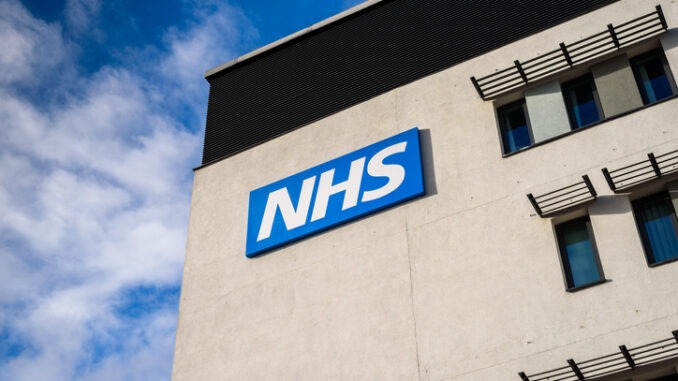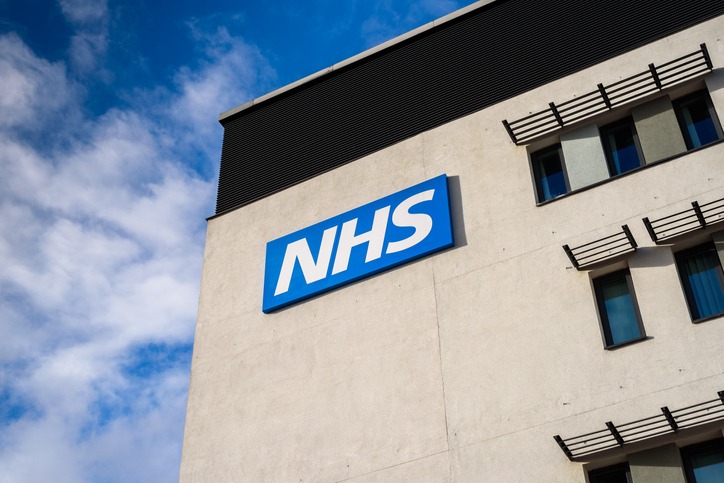

As reported by the BBC, progress being made on tackling the hospital waiting backlog will be put at risk by next week’s junior doctors’ strike, NHS bosses are warning
NHS England medical director Prof Sir Stephen Powis said there had been huge achievements over the winter.
But he said it was inevitable the 72-hour walkout in England, which starts on Monday, would have an impact.
It comes as the annual NHS staff survey shows a falling number happy to recommend the care at their service.
The poll found 63% would be happy to see a friend or relative treated – down by five percentage points in the past year and 11 over two years.
Meanwhile, latest performance data shows NHS emergency services are continuing to miss their targets, although the situation is not getting worse.
The figures for February show just under 72% of A&E patients were seen in four hours.
Ambulance response time for immediately life-threatening category one cases was eight minutes, 30 seconds, while for category two emergency calls, including heart attacks and strokes, it was just over 32 minutes. In December, this rose to more than 90 minutes.
Dr Tim Cooksley, president of the Society for Acute Medicine, said despite the situation not getting worse it still presented a “damning” picture, and warned it was “increasingly causing harm to patients”.
Performance in cancer care did deteriorate, however, with just 54% of patients starting treatment within two months following an urgent referral by a GP – that is the worst on record.
Minesh Patel, of Macmillan Cancer Support, said the delays were “deeply concerning”.
There was more positive news for routine treatments, such as knee and hip replacements.
While the total number on the waiting list remained at 7.2m , there has been progress on tackling long waits.
At the end of December there were nearly 55,000 people waiting more than 18 months, but by late February that had dropped to below 33,000.
Sir Stephen said this was a “huge achievement” especially given it has been winter, which is the busiest time of year for emergency care.
“The NHS will not stop in its efforts to bring down 18-month waits, but it is inevitable the upcoming junior doctors’ strikes will have a significant impact.”
The walkout by junior doctors, who represent 40% of the medical workforce, begins at 06:30 GMT on Monday and will involve both emergency and planned care.
Consultants are being brought in to provide cover.


Be the first to comment